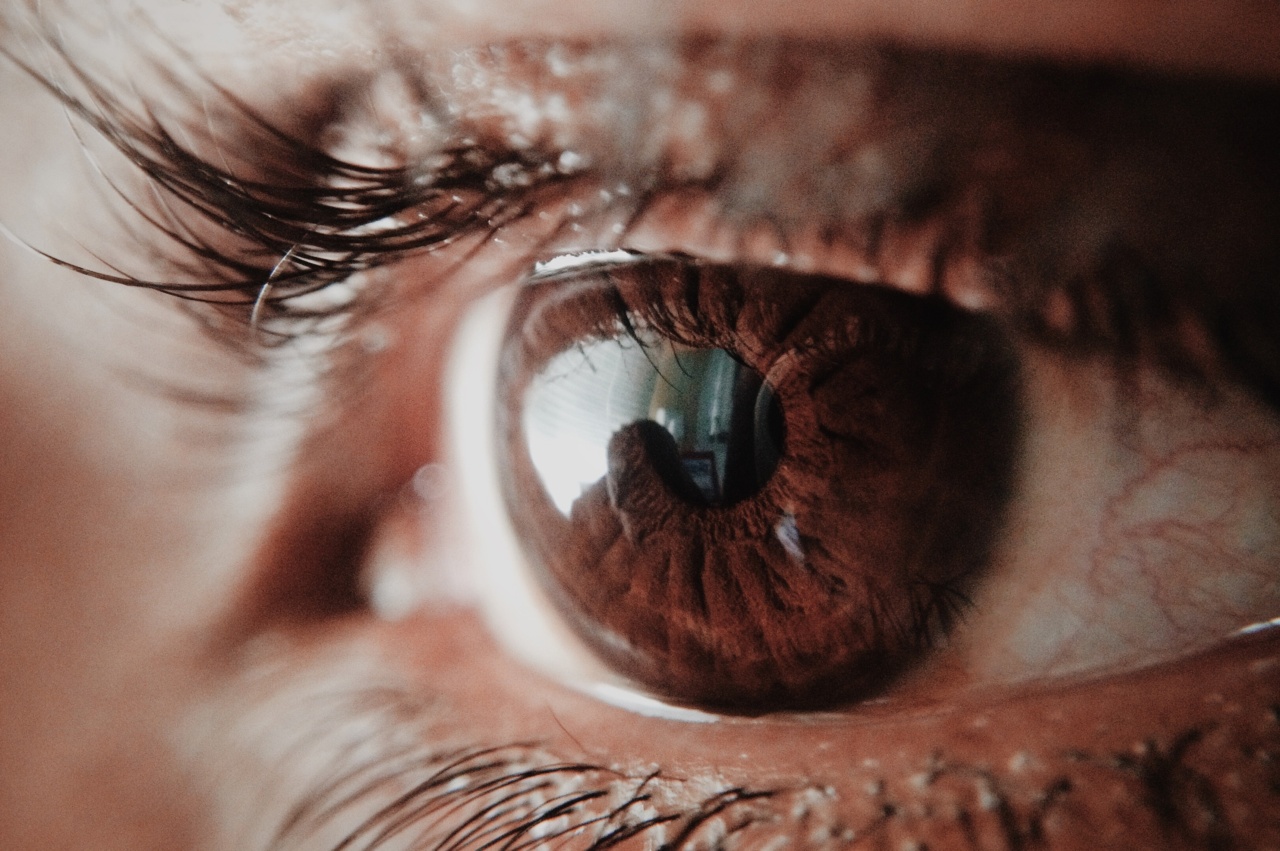Regular eye exams are crucial for maintaining healthy eyesight. However, how often you should see an eye doctor varies depending on your age, overall health, and medical history.
In this article, we will explore the recommended frequency of eye exams for different age groups, as well as the importance of regular eye exams.
Why are regular eye exams important?
Regular eye exams can help detect vision problems early on, before they become more serious. Eye exams can also detect other health issues, such as diabetes and high blood pressure.
A comprehensive eye exam typically includes a visual acuity test, a dilated eye exam, and an evaluation of the eye’s structures and function. If any problems are detected during the exam, the eye doctor may recommend further testing or treatment.
How often should children see an eye doctor?
Children should have their first eye exam around 6 months of age, according to the American Optometric Association (AOA). They should then have another exam at age 3, and again around age 5 or 6, before starting school.
If the child does not have any vision problems, they should continue to have an eye exam every two years until age 18. However, if the child wears glasses or contact lenses, they should have an eye exam every year.
How often should adults see an eye doctor?
Adults should have a comprehensive eye exam at least once every two years, according to the AOA. However, individuals with diabetes or high blood pressure should have an eye exam every year.
Adults over age 65 should also have an eye exam every year, as they are at a higher risk for age-related eye diseases such as cataracts, glaucoma, and macular degeneration.
How often should contact lens wearers see an eye doctor?
Individuals who wear contact lenses should have an eye exam every year, even if they do not have any vision problems.
This is because contact lenses can cause eye infections and other complications if they are not properly fitted or if the individual does not follow proper lens care instructions.
How often should individuals with a family history of eye diseases see an eye doctor?
Individuals with a family history of eye diseases such as glaucoma or macular degeneration should have an eye exam every year, starting at age 40.
This is because these diseases often have no early warning signs, and early detection is crucial in preventing vision loss.
How often should individuals with certain medical conditions see an eye doctor?
Individuals with certain medical conditions, such as diabetes or high blood pressure, should have an eye exam every year.
This is because these conditions can cause damage to the blood vessels in the eye, leading to vision problems or blindness if left untreated. Other medical conditions that may require more frequent eye exams include autoimmune diseases and thyroid problems.
When should you see an eye doctor immediately?
If you experience sudden vision loss, double vision, severe eye pain, or any other unusual symptoms, you should seek medical attention immediately.
These symptoms may be a sign of a serious eye condition, such as a detached retina or a bacterial infection.
In conclusion
Regular eye exams are important for maintaining healthy eyes and detecting vision problems early on. The frequency of eye exams varies depending on age, medical history, and other factors.
Children should have eye exams every few years, while adults should have an eye exam at least once every two years. Individuals with certain medical conditions or a family history of eye diseases may need more frequent eye exams.






























